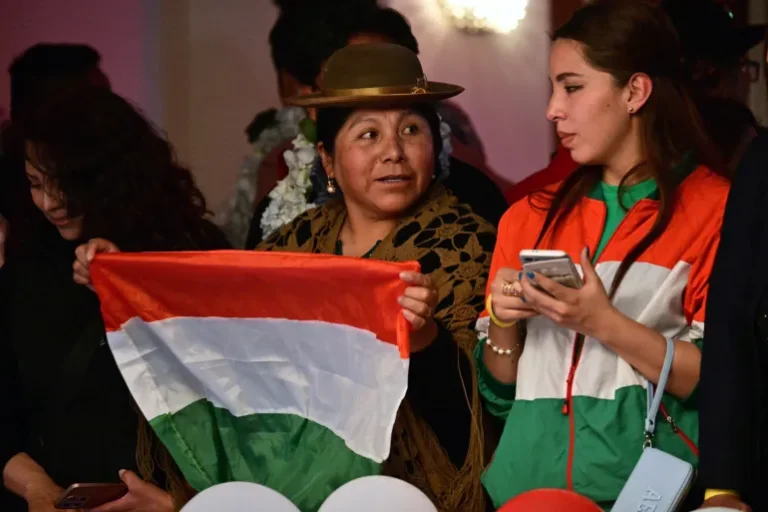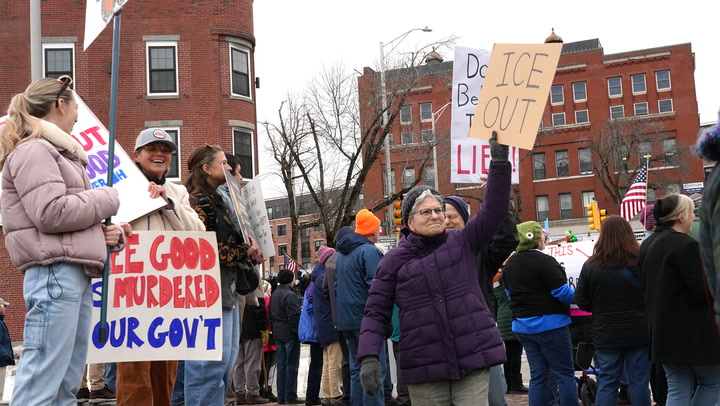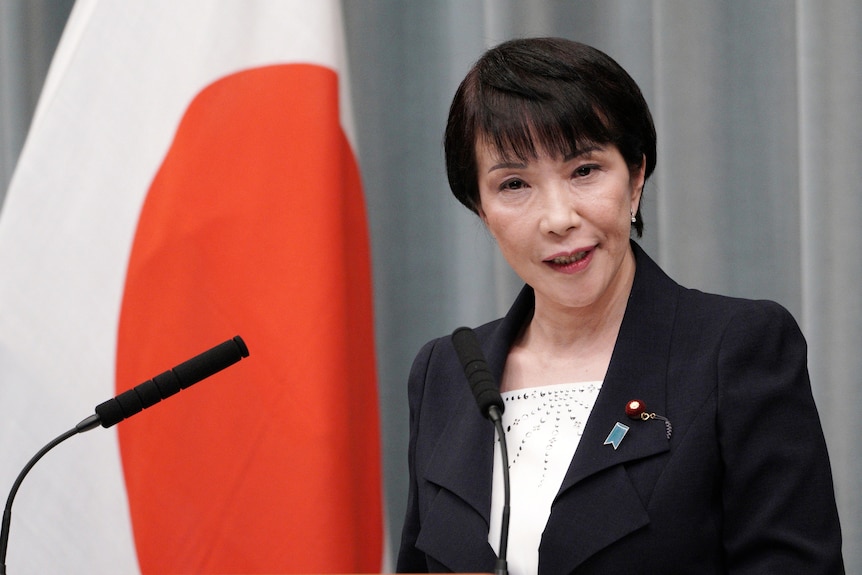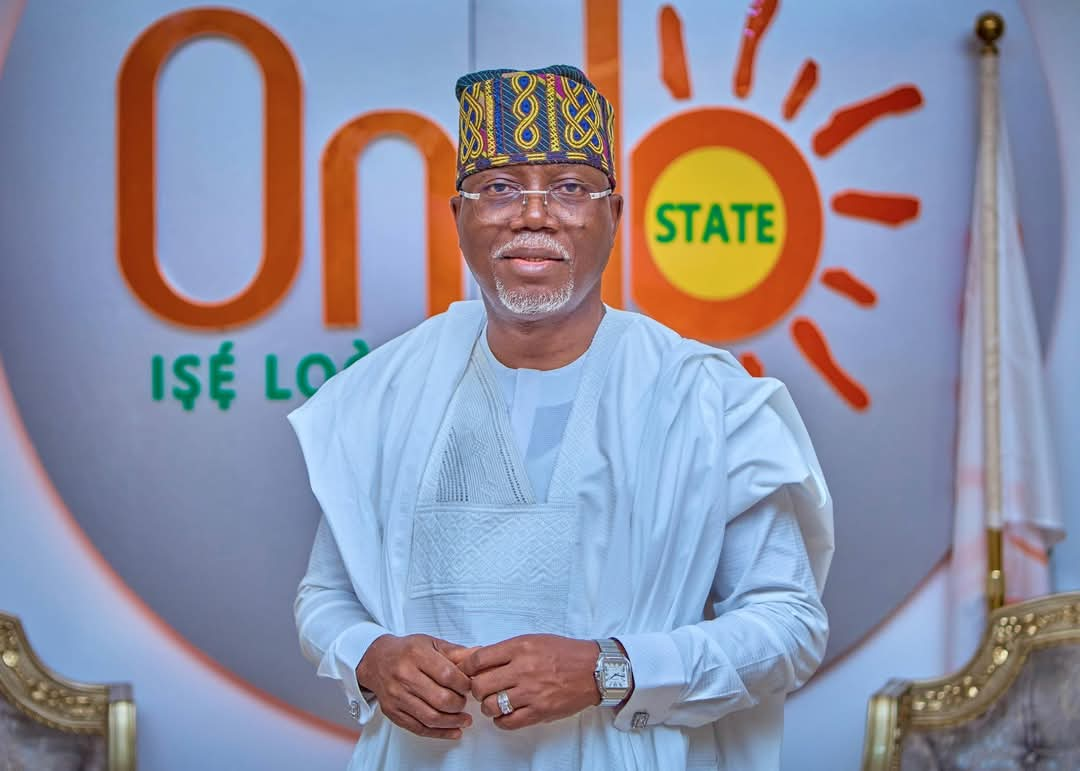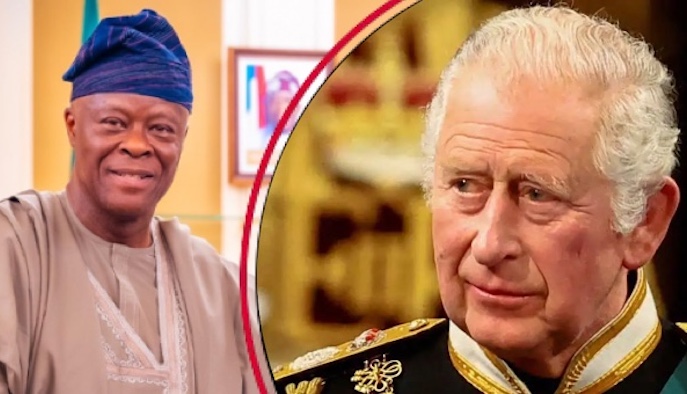Bolivia has elected Rodrigo Paz, a 58-year-old economist and son of former President Jaime Paz Zamora, marking the country’s sharpest political shift in nearly two decades. The victory of Paz’s center-right Christian Democratic Party ends the long rule of the leftist Movement for Socialism (MAS), which has dominated Bolivian politics since 2006.
With 97 percent of ballots counted, Paz secured 54.5 percent of the vote in Sunday’s runoff, defeating conservative former interim president Jorge “Tuto” Quiroga, who trailed with 45.4 percent, according to the Supreme Electoral Tribunal.
The result signals the exhaustion of MAS’s political era, weakened by infighting, corruption allegations, and a grinding economic crisis. Former president Evo Morales — once the continent’s most prominent Indigenous leader — had been barred from running, and his successor, Luis Arce, declined to seek a second term after a public split with Morales fractured their base.
Paz, who studied economics in the United States before returning to serve as mayor of Tarija and later senator, campaigned on what he called “capitalism for all” — a blend of market liberalization and social inclusion. He has promised to cut taxes, decentralize government power, and open Bolivia further to foreign investment.
His running mate, Edmand Lara, urged “unity and reconciliation” after the results were announced. “We must restore fuel and food supplies, stabilize prices, and end the corruption that has drained this country,” Lara said in a televised address.
The incoming administration inherits a country in turmoil. Inflation hovers near 25 percent, the Bolivian boliviano faces a severe dollar shortage, and lines for fuel and bread stretch for hours. Once buoyed by gas exports, Bolivia’s revenues have collapsed — from $6.1 billion in 2013 to just $1.6 billion last year — as reserves dwindled and production faltered.
Read Also: New Zealand Opens Dual Immigration Visas For Skilled Migrants
Morales, speaking from Cochabamba, dismissed both candidates as “leaders of small elites who do not represent Bolivia’s Indigenous majority.” Yet Paz’s victory, his supporters say, reflects a national yearning for competence over ideology — a pragmatic turn after years of populist promises and economic strain.
Arce will hand over power on November 8, ending an era and ushering in one of the most consequential transitions in Bolivia’s modern history.

